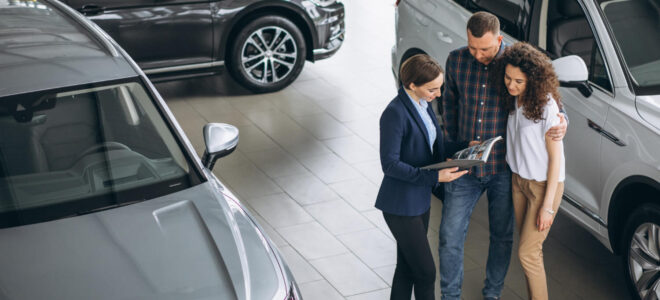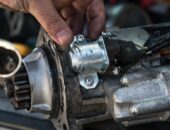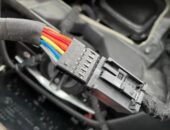Getting a pre-owned vehicle can be both practical and proficient, empowering you to have a reliable car without paying the deterioration charges related to buying another one. However, without proper assistance, this comprehensive guide aims to support you in making an informed decision in buying your ideal used car.
Guide to Buy a Used Car
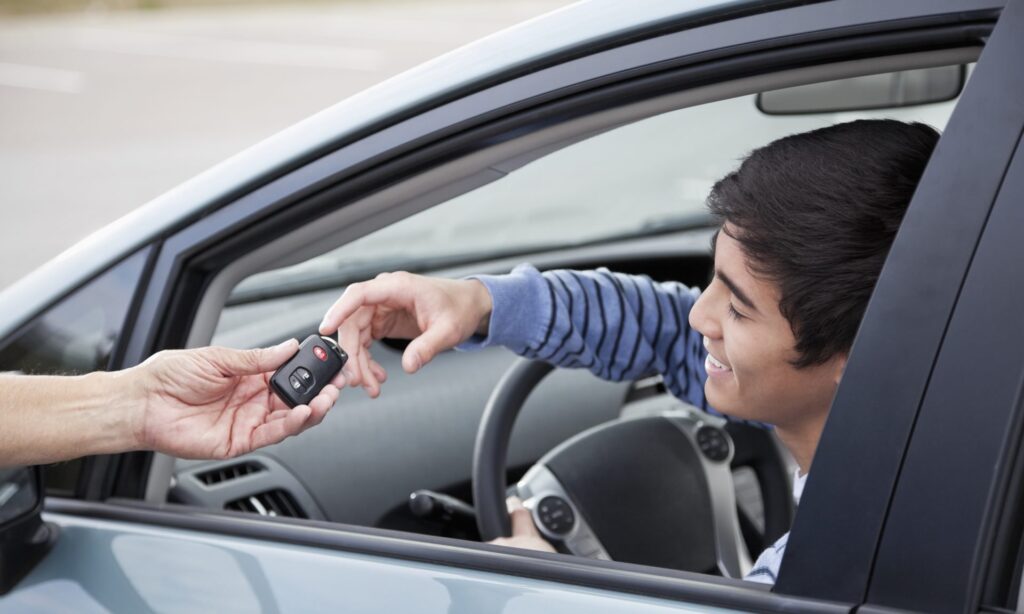
Source: nerdwallet.com
When planning to buy a used car, you should know these tips and guides to buy the used car that you want. Preparing these things will help you in your purchasing journey.
1. Do Your Research
When shopping for a used car, it’s critical to investigate the market for the precise make, model, and variant you want. This will allow you to filter down your alternatives while also providing an idea of the price range.
If you want a stock vehicle, you won’t have to worry about incorrectly installed modifications and will be able to negotiate more favorable terms with private sellers. In contrast, certified pre-owned vehicles usually include warranties and full examinations.
2. Set Your Budget
Once you’ve determined what you’re searching for, create a budget so you have something to start with and a way to eliminate automobiles that don’t meet your budget.
3. Shop Around
It’s time to hit the stores (or, at the very least, the auto dealerships and online car sites!). It’s a good idea to look into your choices, such as visiting multiple dealerships and reviewing automobile sale websites like CarHub.
4. Inspect Properly
When you visit the dealership to look at a potential automobile, take your time and thoroughly inspect it. Check for wear and tear, corrosion, and strange noises. Open the hood and inspect the engine for leaks or problems.
5. Bring a Trusted Mechanic
If you’re not knowledgeable in vehicles, carrying a trusted specialist with you is a smart choice. An expert repairman can give a fair-minded evaluation of the vehicle’s condition, distinguishing any secret issues that probably won’t be clear to the typical purchaser. This step can save you from purchasing a vehicle with huge basic issues.
6. Test Drive
You can enjoy the appearance of the car, but things may change during the test drive. Be sure to book a test drive of your desired vehicle and experience it in all its glory.
What to Look for When Buying a Used Car

Source: zurich.ie
There are a few things you should consider before buying an automobile:
Mileage
When checking the car, also note the vehicle’s mileage. A cheap car is not necessarily the best car. Generally speaking, the higher the mileage, the older the vehicle. However, this may not be the case and you may find a newer device with more miles.
However, this gives you an overview of how “used” the car is and what parts might eventually need to be repaired. If the vehicle is a more modern model with a large mileage, find out if it has been driven mostly on the highway.
If the vehicle has more mileage, then mostly it has been driven on public roads and is better than cars that are used in urban areas. A car with more than 60,0000 kilometers of mileage is probably worn out unless they are very old model.
Insurance and Tax Costs
While your car may be reasonable, you should also consider the cost of insurance and taxes. Remember that vehicle tax is no longer carried over with the vehicle; you must transfer your car insurance and tax before driving away in your new automobile.
Ensure All Required Documentation is Present
With regards to tracking down your ideal used car from a dealership, completely inspect the market for your favored make, model, and variation. Once happy with the vehicle, its expense, and the terms, now is the right time to sign the papers.
Make sure you have carefully read and understood the details before purchasing the vehicle. To avoid any surprises later on, double-examine the purchase agreement, guarantee terms, and any additional things you decide upon.
Ensure that Everything is Functioning Properly
Make sure the internal electronics function. Many dealerships issue warranties, but they may not cover electrical services. Check the interior lights, windows, radio, and so on.
Final Thoughts
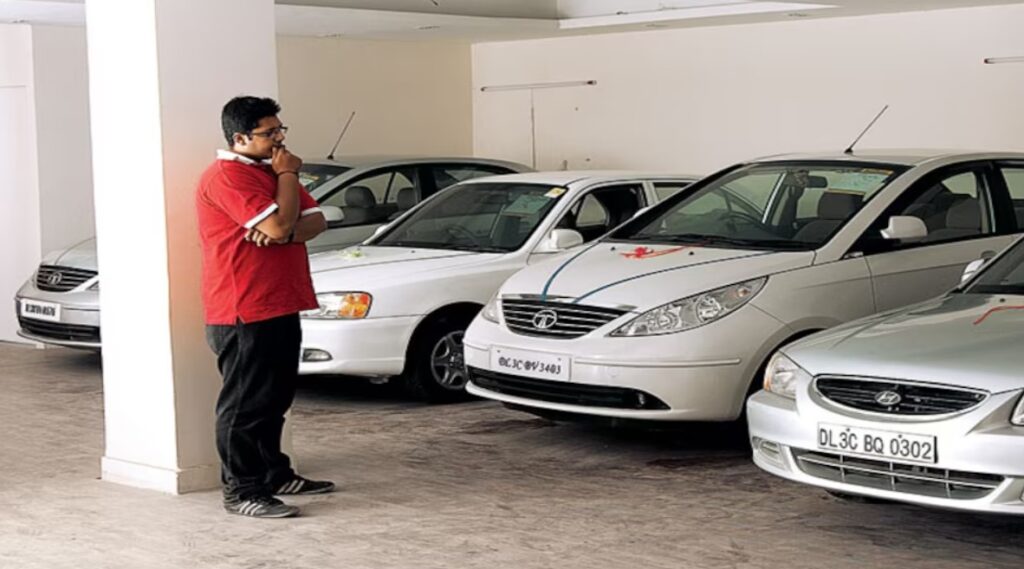
Source: akm-img-a-in.tosshub.com
Purchasing a used vehicle from a dealership can be a rewarding experience when handled carefully and thoroughly inspected. By characterizing your necessities, investigating showrooms, checking vehicle history reports, examining vehicles, bringing a technician, assessing valuing, properly negotiating, evaluating guarantees, paying attention to your gut feelings, and finishing the fundamental desk work, you can improve the probability of tracking down the ideal used vehicle that meets both your requirements and your financial plan. Keep in mind that patience and consistency are your partners in this process, which will let you get away in a car you can be happy with for a very long time.

